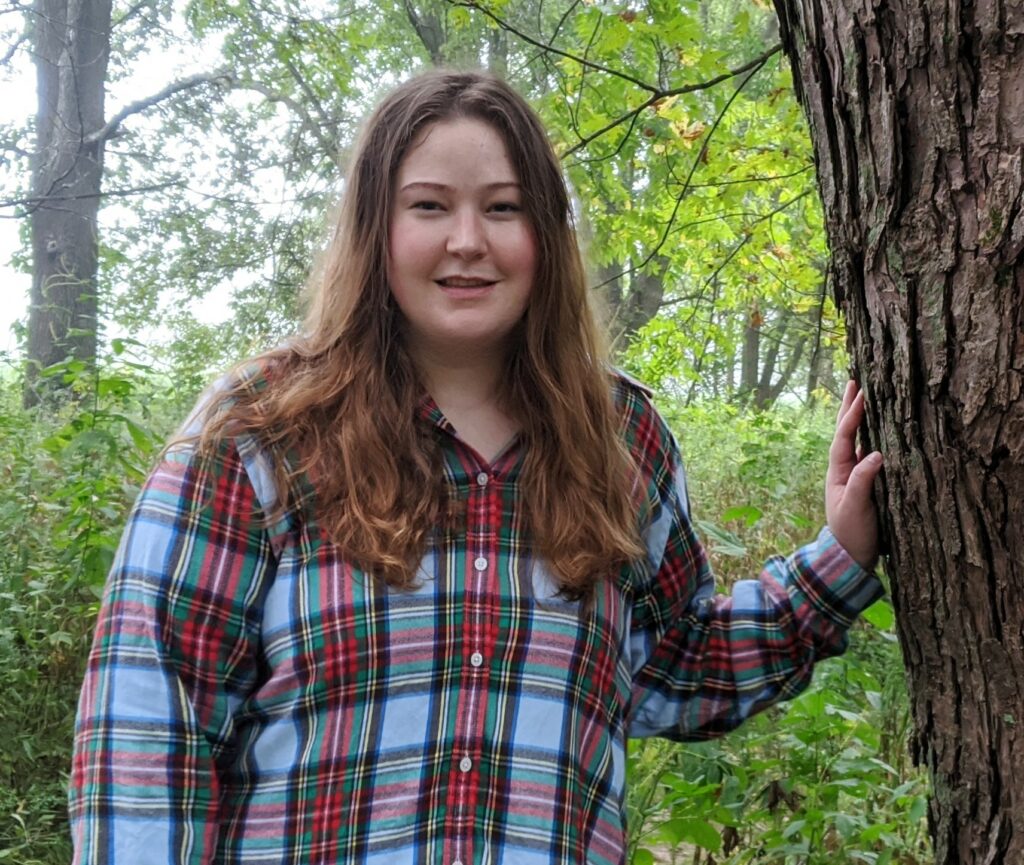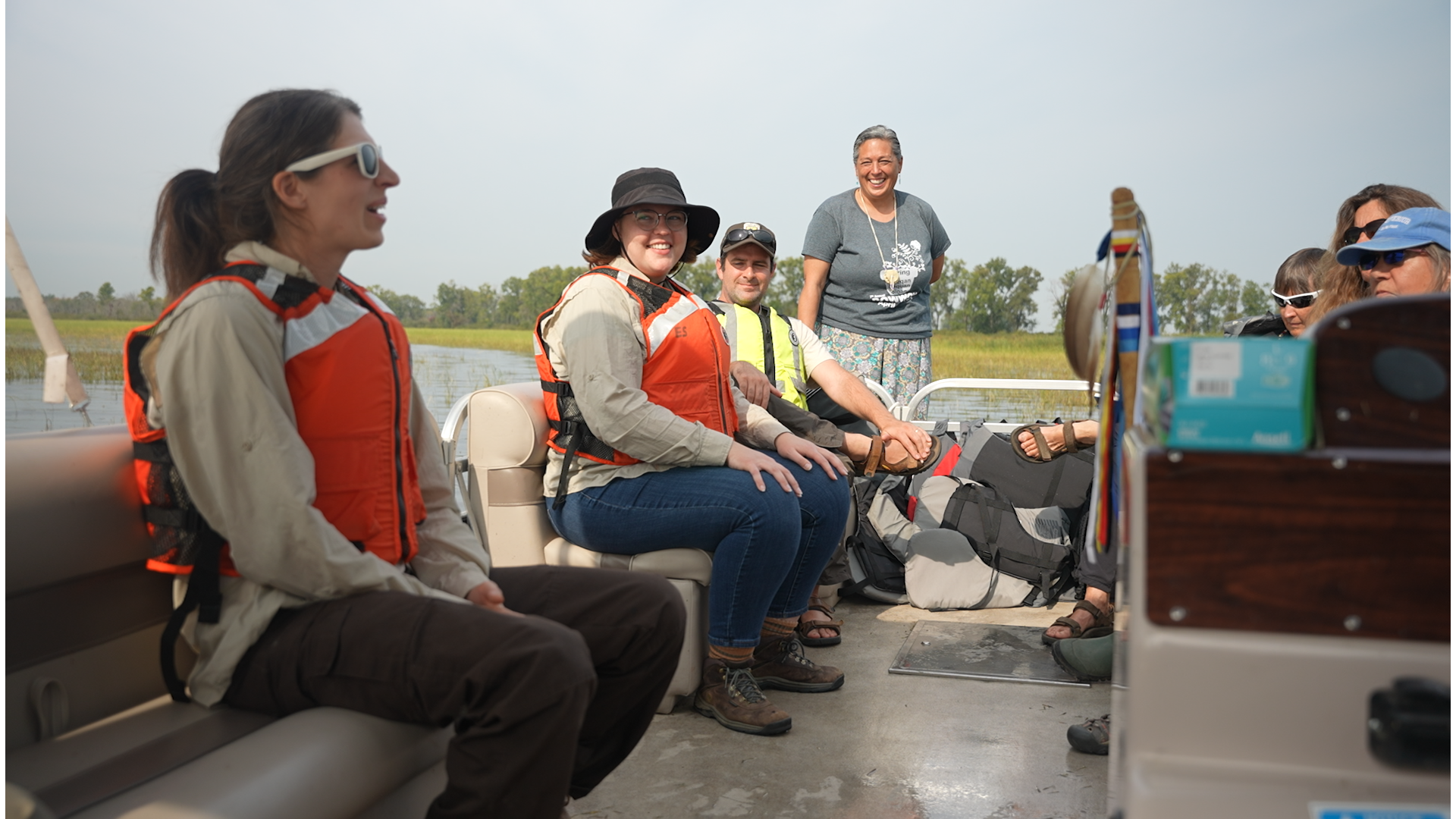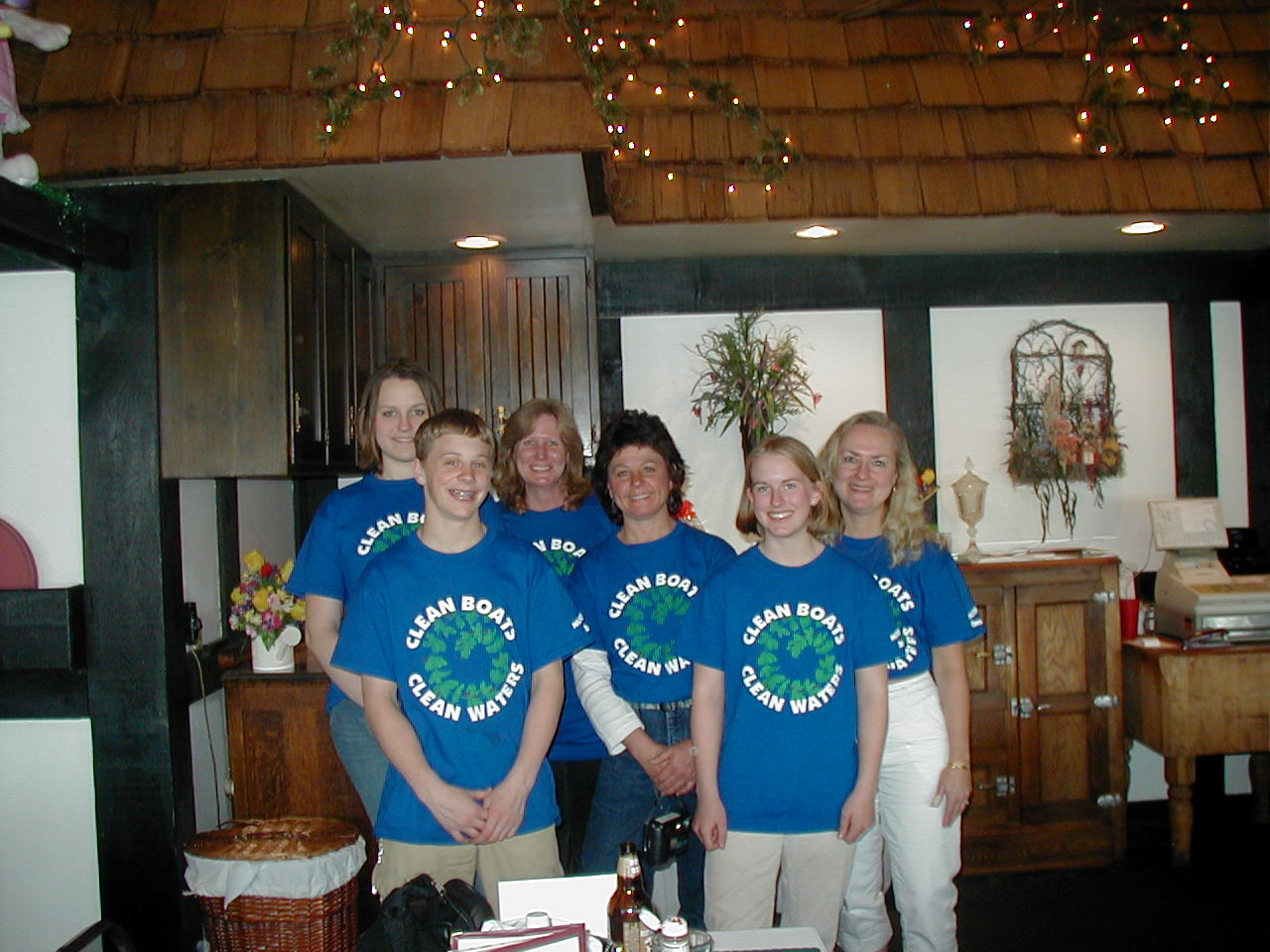Ever since she was a child, Sarah Brown has been interested in what makes people tick. She pursued that interest and intends to make good use of it in her new role as a J. Philip Keillor Wisconsin Coastal Management-Sea Grant Fellow for Lake Superior.
“My dad was a wildlife biologist for the state of Illinois,” Brown said. “When he came home from work and had any complaints, it was never about natural resources. It was always about people. So, I always had an interest in why people do what they do. That led to my interest in the social sciences.”

Sarah Brown, submitted photo.
Brown majored in psychology at Southern Illinois University Carbondale and then continued in a master’s program in human dimensions of natural resources at the University of Missouri. Her thesis was on motivations and perceptions held by Missouri landowners with conservation easements on their properties.
As graduation neared, she applied for a variety of jobs, but nothing seemed the right fit. She widened her search to include internships and fellowships because it seemed, “like a natural next step after grad school and into the workforce,” Brown said.
The one-year Keillor fellowship caught her eye for two reasons. “I felt like it gave me an opportunity to apply my social science skills to a natural resources issue by working with the CHAOS community of practice. Also, I’ve traveled many times with my family to northern Wisconsin and Duluth. That was a big attractor.”
CHAOS stands for the Coastal Hazards of Superior. It’s a group comprised of local community leaders, managers, researchers and communicators who focus on issues affecting the Wisconsin and Minnesota coastlines of Lake Superior. These issues include erosion, shoreline planning, nutrient runoff pollution, flooding and community resilience.
“Being the CHAOS coordinator is the most awesome job title you can have!” Brown said. “I’m hoping through this role I can fold in social science methodology to benefit the future progression of this community of practice, whether it’s finding out where it needs to go next or what it’s going to be next, or just figuring out what community members want. I also want experience working alongside a state agency and to improve my skills in meeting facilitation and project coordination.”
The state agency Brown will be working with is the Wisconsin Department of Administration’s Coastal Management Program along with Sea Grant, the Lake Superior National Estuarine Research Reserve (Reserve) and the University of Wisconsin-Madison’s Division of Extension. She is stationed in the Reserve’s office in Superior. You can email Brown at sarah.brown@wisconsin.gov.





